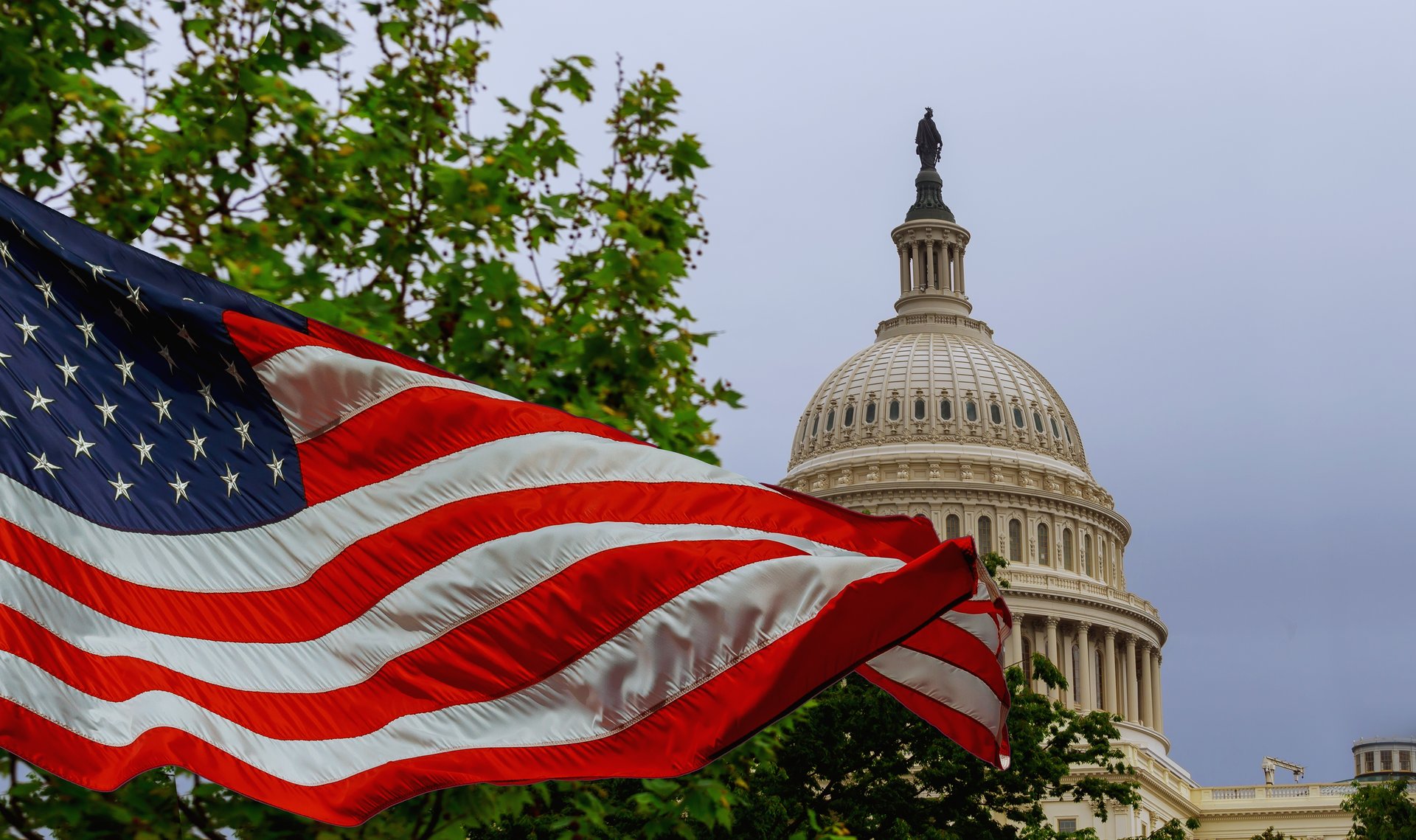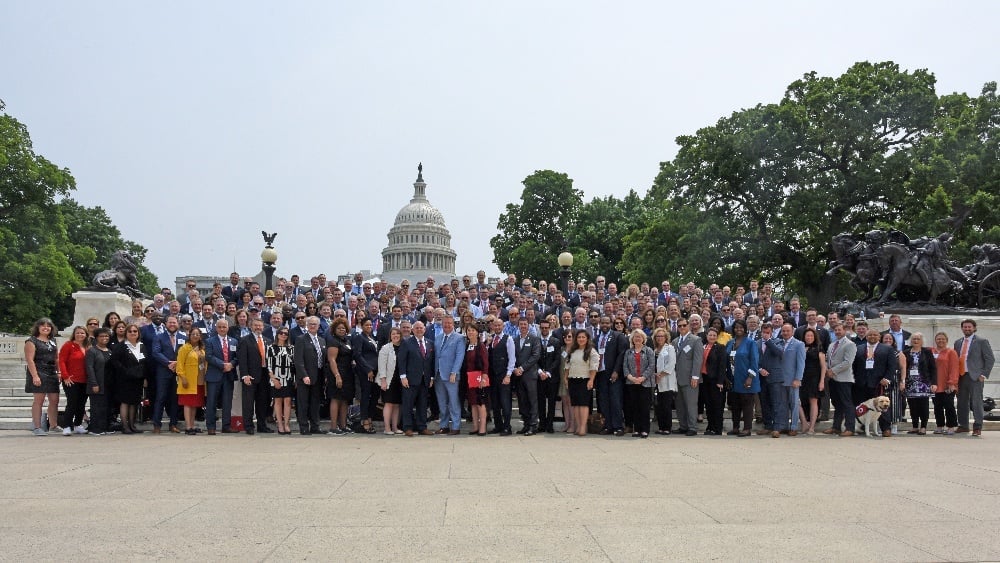NAIFA CEO Kevin Mayeux, CAE, told the Biden Administration in a meeting that the Department of Labor’s (DOL’s) current efforts to revive a fiduciary-only regulation for financial professionals is unnecessary and likely to harm low- and middle-income consumers.
Speaking with officials from the Office of Information and Regulatory Affairs (OIRA) of the White House’s Office of Management and Budget (OMB) on October 6, Mayeux explained that the regulatory landscape has changed significantly to provide greater protections to consumers since NAIFA engaged in litigation that struck down the DOL’s 2016 Fiduciary Rule.
Since that federal appeals court ruling in 2018, the Securities and Exchange Commission has implemented and begun enforcing Regulation Best Interest (Reg BI), which requires broker-dealers and registered representatives to put their clients’ interests ahead of their own. Additionally, forty states have enacted the National Association of Insurance Commissioners’ (NAIC’s) model regulation that creates a best-interest standard for annuity transactions.
In addition to the federal and state regulations, NAIFA members abide by a Code of Ethics that requires them to put their clients’ interests first.
“NAIFA regularly meets with Administration officials to discuss issues important to financial professionals and the consumers NAIFA members serve,” Mayeux said. “NAIFA members work in their clients’ interests because it’s the right thing to do and because it’s good business. Backing that up is a strong slate of existing state and federal regulations. Additional action by the DOL at this time would create confusion for advisors and consumers without providing meaningful consumer protections. There is no need for the DOL’s current fiduciary proposal, and it would very likely bring unintended consequences harmful to the consumers the DOL aims to protect.”
A revived DOL rule similar to the 2016 Fiduciary Rule would harm smaller investors by depriving them of affordable financial services and advice. It would likely make brokerage services, which smaller investors overwhelmingly use, cost-prohibitive. Consumers need to be able to choose to work with financial professionals offering products and services that meet their needs. A fiduciary-only rule would reduce their options. With four in five pre-retirees concerned about having enough savings for retirement and two-thirds of pre-retirees saying long-term retirement planning is complicated, according to a Morning Consult Survey, it is important for the government to encourage American investors to seek personalized assistance rather than limiting their options.
“NAIFA supports all business models skilled financial professionals use to serve their clients,” Mayeux continued. “A brokerage model with commissions works very well for many consumers while others are better served by fee-based models. The current landscape offers an array of choices that the DOL proposal would seek to restrict.”
The 5th Circuit Court of Appeals in a 2018 ruling invalidated the 2016 DOL Fiduciary Rule in a suit brought by NAIFA and other organizations. There is no need to relitigate a Fiduciary Rule when consumers are receiving strong protections under Reg BI and state best-interest measures. Studies have found that, before it was vacated, the 2016 rule did significant harm to low- and middle-income investors.
A 2017 Deloitte study found that the 2016 rule resulted in 53 percent of financial professionals studied limiting or eliminating access to brokerage advice for smaller retirement accounts, impacting an estimated 10.2 million accounts and $900 billion in savings. At the same time, many NAIFA members similarly reported that by necessity they limited their services to smaller accounts due to expenses and risks created by the DOL Fiduciary Rule.
NAIFA is an advocacy partner of the Latin American Association of Insurance Agencies and the National African American Insurance Association, and Mayeux told the OIRA that a fiduciary-only rule would hit Black and Hispanic communities particularly hard, potentially increasing the racial wealth gap by 20% based on the size of IRAs.
“I would like to thank the Office of Information and Regulatory Affairs for meeting with us,” Mayeux said. “NAIFA will continue to work with the Administration and members of Congress on behalf of financial professionals and the consumers who depend on them to oppose an unnecessary and potentially harmful DOL Fiduciary Rule.”







